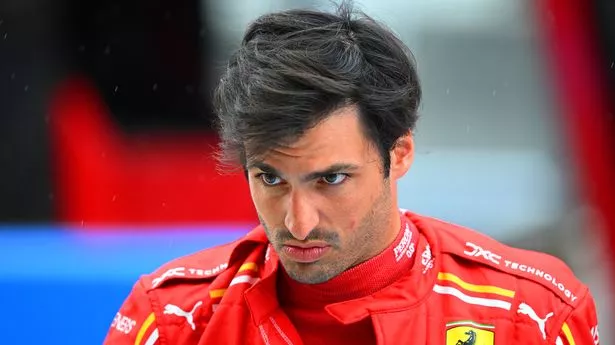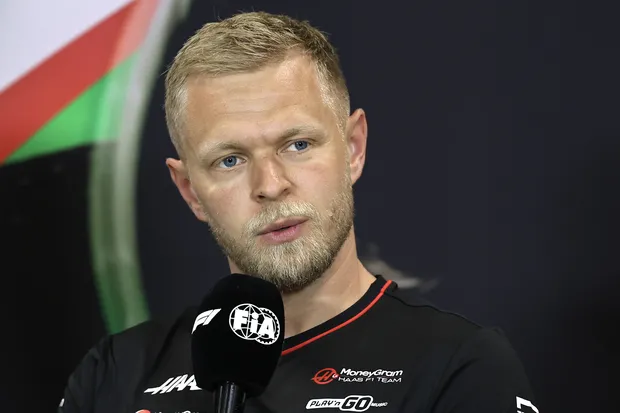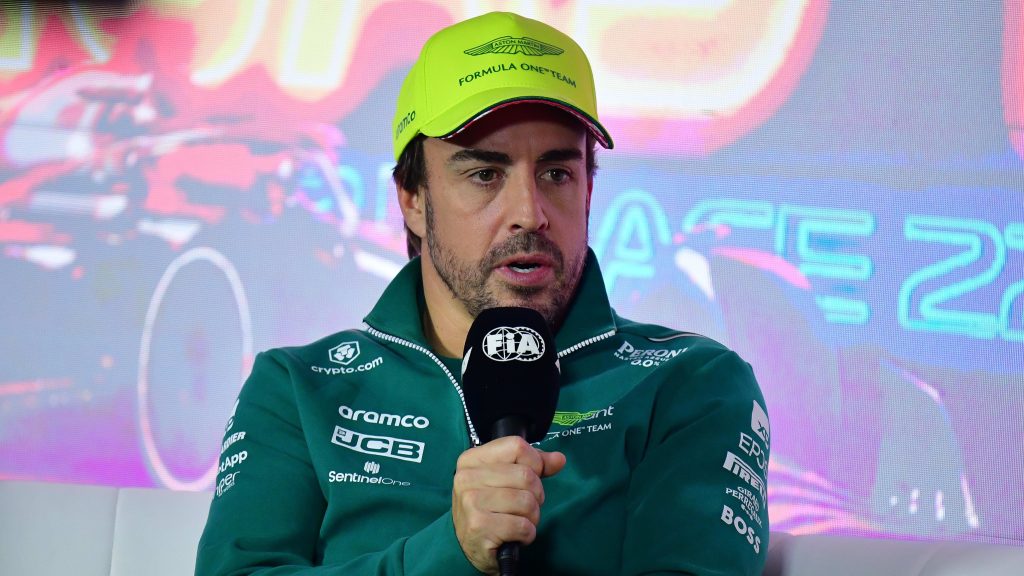The idea of bringing motorsport, particularly Formula 1, into the Olympic Games has long intrigued fans and drivers alike. This conversation has gained momentum with the upcoming Belgium Grand Prix and the inclusion of new sports like squash and flag football in the 2028 Los Angeles Olympics. Despite the rising popularity of F1 in the United States, motorsport was overlooked for Olympic inclusion—a puzzling decision considering Liberty Media’s efforts to expand the sport’s audience. However, there is a valid reason for this.
Integrating Formula 1 into the Olympics poses significant technical and regulatory challenges. While drivers like Fernando Alonso or Oscar Piastri could represent their countries, the question arises: what cars would they drive? There’s no Spanish F1 team, nor is there an Australian team. French drivers Pierre Gasly and Esteban Ocon could drive for Alpine, but even then, Alpine is only partially based in France, with most of the team located in Enstone, England.
Top drivers have offered mixed opinions on the idea, with no immediate desire to join the Olympic stage. Lewis Hamilton is skeptical, stating, “I just don’t think it’s an Olympic game.”
Max Verstappen also highlights the fundamental difference between F1 and the Olympic spirit: “No, it’s not for me. It’s too car-related. You [drivers] didn’t grow up in that Olympic environment; I don’t think we belong on the Olympic stage. And that’s fine because we have our own championship, which I think is really well received.”
Fernando Alonso points out the technical difficulties in ensuring fairness in an Olympic motorsport event, even with standardized equipment like go-karts: “I think it’s quite unlikely because we have the machine with us. Even if you try to organize a go-kart race with exactly the same go-karts, it will never be exactly the same, probably. So, yeah, it is a very unique sport.”
Charles Leclerc, however, sees the potential, acknowledging the logistical hurdles but also the unique opportunity: “It would be great to have motorsport at the Olympics. However, I think it’s a bit more difficult to organize than other sports because we are all driving for different constructors with different cars in Formula 1. But it’s definitely possible, and I would love to represent Monaco.”
Proposals for including motorsport in the Olympics suggest using standardized cars to focus on driver skills rather than team advantages. There’s also a push for inclusive representation, potentially involving drivers from F2, F3, Formula E, the F1 Academy, IndyCar, and the World Endurance Championship. However, the challenge of national representation remains, with some countries potentially fielding stronger, more experienced lineups.
The idea of introducing motorsport into the Olympics is certainly exciting for enthusiasts, but for now, it’s not to be. Perhaps in the future, we can explore the intersections of motorsport and the Olympics, but for now, we’ll enjoy the spectacle of Spa and leave Paris without the roar of engines and tire smoke.






